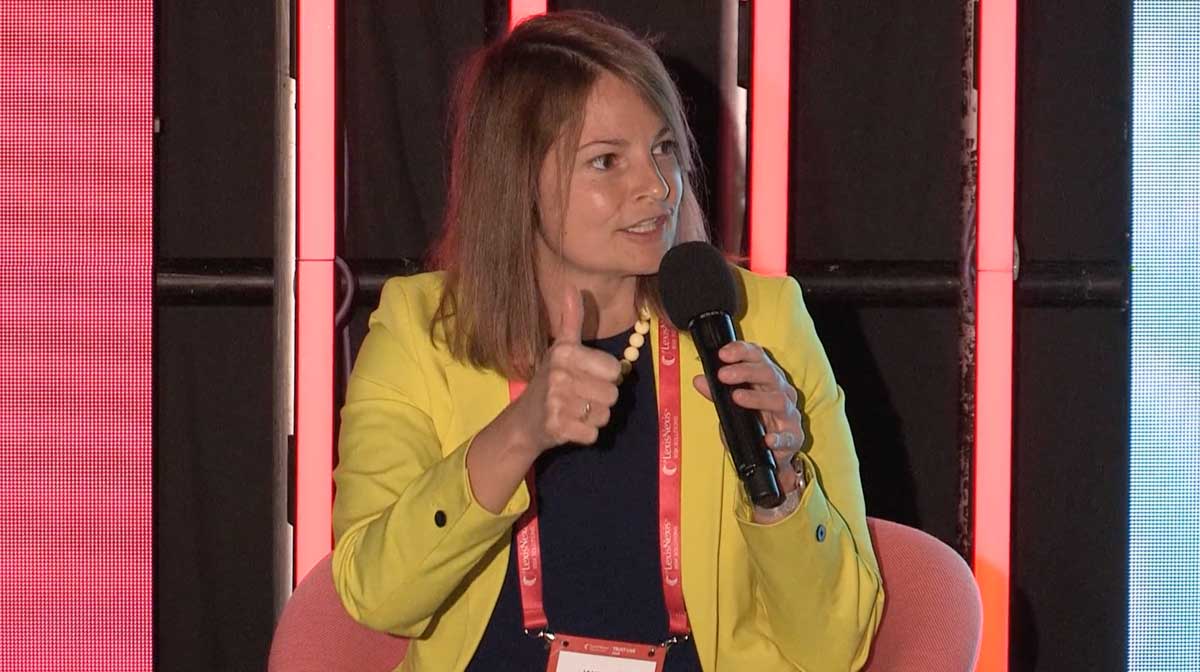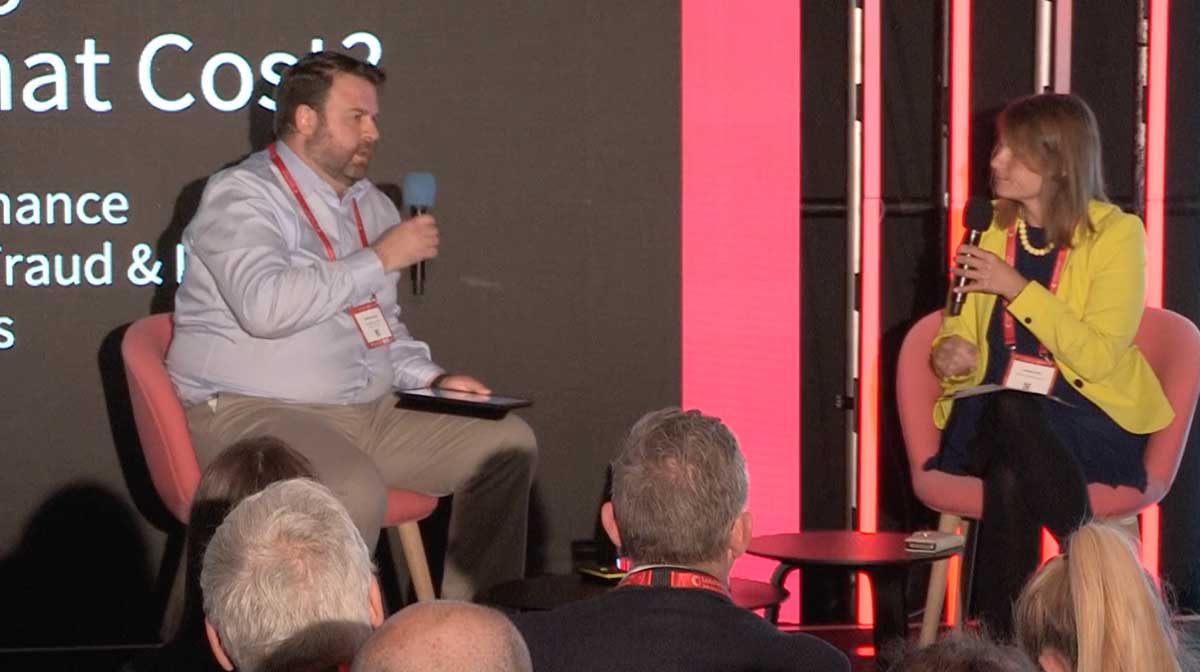
World-Leading Fraud Protection: Key Takeaways on PSR

World-Leading Fraud Protection: Key Takeaways on PSR
PSR insights from Trust:Live 2024
The importance of consumer protection
Janine Hirt, CEO of Innovate Finance

Challenges with the implementation timeline
One of the major concerns highlighted was the timeline for implementing the reimbursement changes. The automated Reimbursement Claim Management System (RCMS) is not expected to be ready until May 1st 2025, leaving firms to manually report fraud in the interim. Such manual process pose a significant challenge, especially for smaller firms that may lack the resources to handle it efficiently.
The potential for errors and mistakes in manual reporting could undermine consumer trust in the process.
Impact on Fintechs and smaller firms

The need for cross-industry collaboration
The role of education in preventing scams

Looking ahead: Ambitious goals for fraud reduction
Conclusion
The discussions at Trust Live 2024 highlighted the complexities and challenges of implementing new fraud protection measures. While the goals are clear - protecting consumers and maintaining trust - the path to achieving them requires careful consideration of timelines, thresholds, and the need for collaboration and education. As the October deadline approaches, the industry must work together to ensure a smooth transition and a safer financial environment for all.
The opinions expressed here are those of the contributor and do not necessarily reflect the views of LexisNexis® Risk Solutions or its partners.

